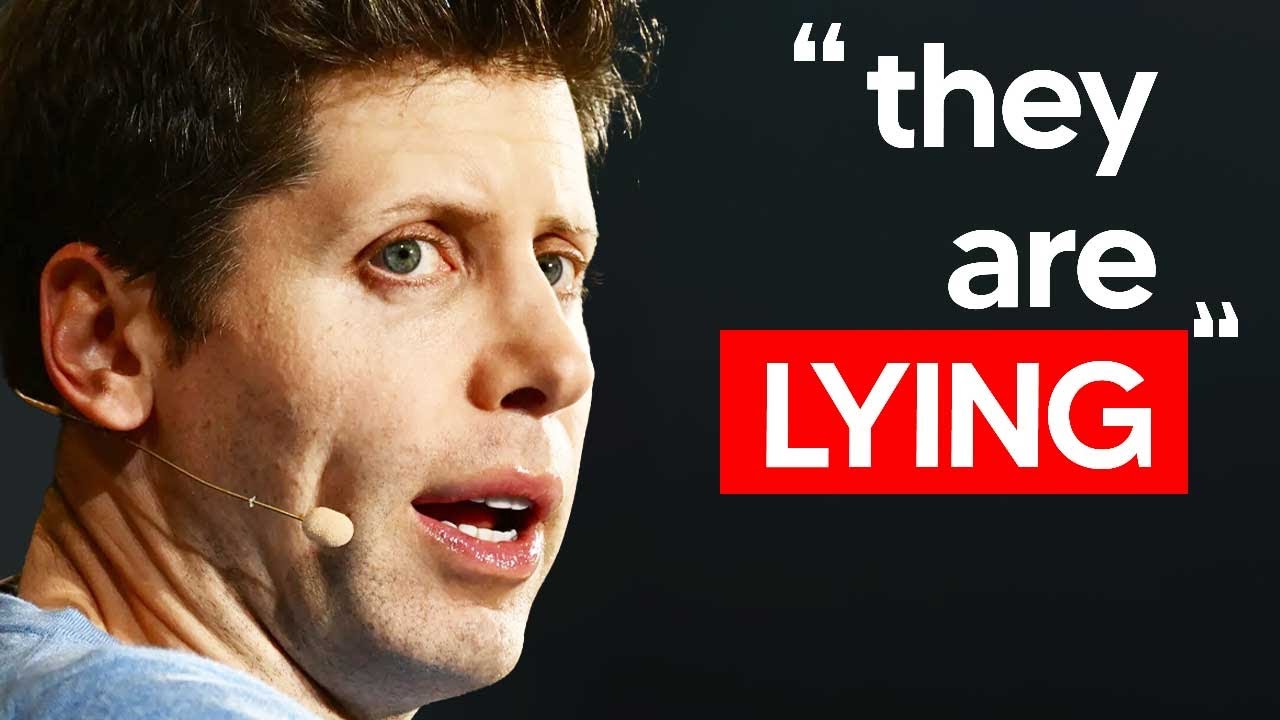The video discusses OpenAI’s response to leaks about the performance of its upcoming model, GPT-5 (Orion), which reportedly has not met internal expectations, particularly in coding tasks, leading to delays in its release. It highlights the ongoing debate in the AI community regarding the limitations of deep learning, with critics advocating for a more integrated approach, while OpenAI’s leadership maintains optimism about future advancements and the potential for overcoming current challenges.
In a recent video, the discussion centers around OpenAI’s response to leaks regarding the performance of its upcoming model, GPT-5, also referred to internally as Orion. An article claims that OpenAI, along with other leading AI companies like Google and Anthropic, is facing challenges in developing more advanced AI models, experiencing diminishing returns on their investments. The article suggests that Orion has not met internal expectations, particularly in coding tasks, leading to delays in its release, which is now anticipated for early next year.
The video highlights the ongoing debate within the AI community about the limitations of deep learning. Gary Marcus, a prominent critic, argues that deep learning is “hitting a wall,” particularly in areas requiring reasoning and common sense. He advocates for a more integrated approach that combines deep learning with symbolic reasoning to overcome these limitations. This perspective has gained traction as many in the AI field have echoed concerns about the stagnation of advancements in AI capabilities.
Sam Altman, CEO of OpenAI, has publicly countered claims of a slowdown in AI development. He tweeted that there is “no wall,” suggesting that the challenges faced by AI companies are not insurmountable. Additionally, Will Deoo, another OpenAI researcher, mentioned that the only wall AI might hit is related to the saturation of current evaluation methods. This indicates a belief that while progress may be slower, it is not halted, and future models could still achieve significant advancements.
The video also discusses the importance of rigorous evaluations for AI models, particularly the ARC evaluation, which tests reasoning abilities without relying on memorization. Altman expressed confidence that OpenAI has made progress in this area, potentially solving the challenges posed by such evaluations. The video references recent research from MIT that achieved human-level performance on difficult benchmarks, suggesting that OpenAI may be on a similar path.
In conclusion, the video presents a nuanced view of the current state of AI development. While there are valid concerns about the pace of progress and the effectiveness of deep learning models, there is also optimism about new paradigms and techniques that could lead to breakthroughs. The ongoing dialogue between critics and proponents of AI development reflects the complexity of the field, where advancements may be slower than anticipated, yet innovative approaches could pave the way for future successes.
